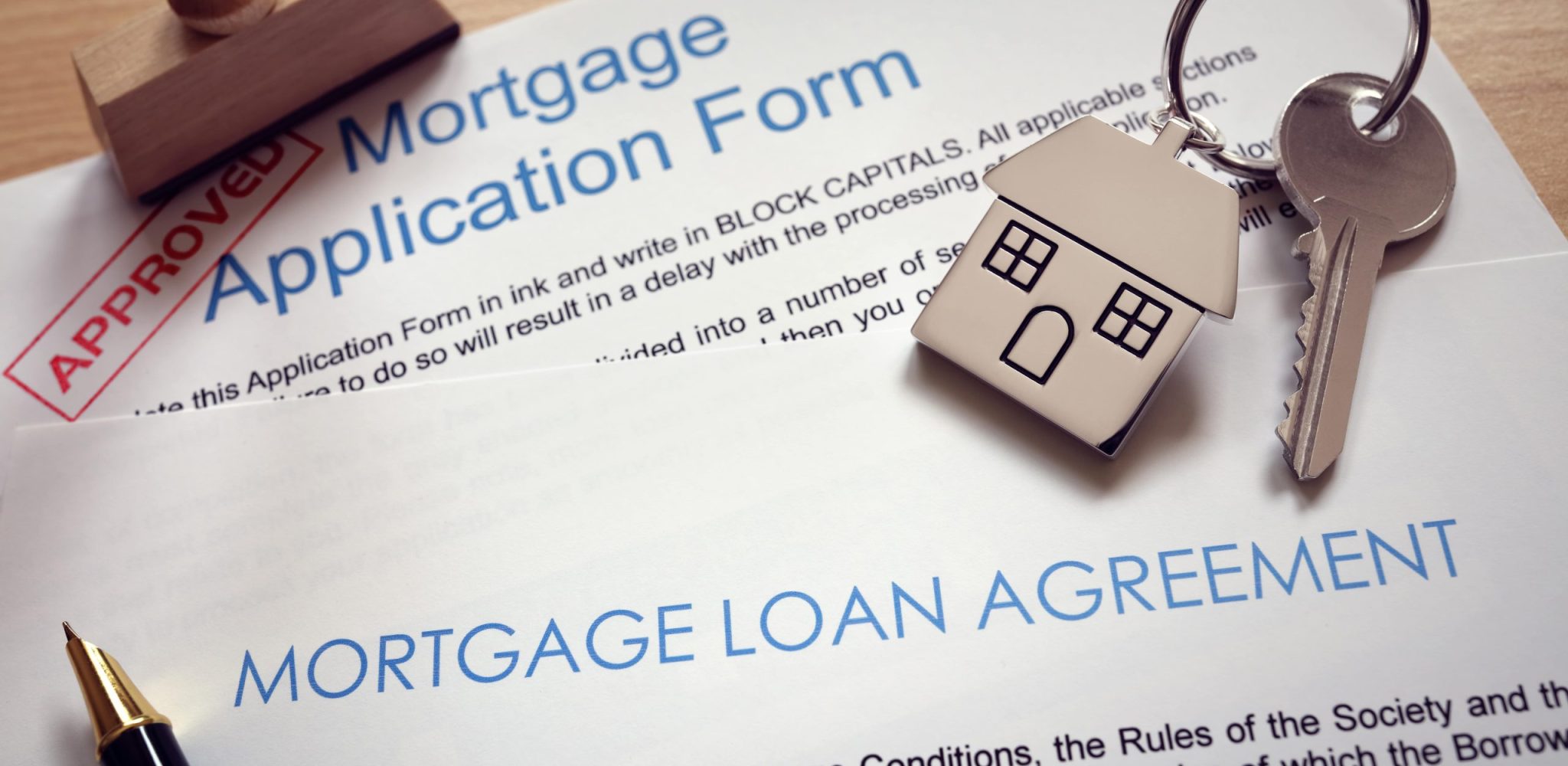Buy to let
Home / Buy to let
Buy-to-let (BTL) mortgages are for landlords who want to buy property to rent it out. The rules around buy-to-let mortgages are similar to those around regular mortgages, but there are some key differences.
Who can get a buy-to-let mortgage?
You can get a buy-to-let mortgage under the following circumstances:
- you want to invest in houses or flats
- you can afford to take and understand the risks of investing in property
- you already own your own home, whether outright or with an outstanding mortgage
- you have a good credit record and aren’t stretched too much on your other borrowings, for example, credit cards
- you earn £25,000+ a year – if you earn less than this you might struggle to get a lender to approve your buy-to-let mortgage
- you’re under a certain age – lenders have upper age limits, typically between 70 or 75. This is the oldest you can be when the mortgage ends not when it starts. For example, if you’re 45 when you take out a 25-year mortgage it will finish when you’re 70.
Who Needs a Buy-to-let Mortgage?
Professional landlords – If you’re thinking of buying a house specifically to let, you will need a buy-to-let mortgage
‘Accidental’ landlords – It’s more complicated if you already own a home and are thinking of renting it out. You need to ring your mortgage lender and tell them your plans. They have to give their ‘consent to let’ the property otherwise you may end up in breach your mortgage contract. Unfortunately, there is huge variation amongst banks when it comes to dealing with accidental landlords. Some will charge you 1 or 1.5 percentage points in extra interest. Others will insist that you remortgage onto a buy-to-let deal, in which case you should shop around for the best deal.
How do buy-to-let mortgages work?
Buy-to-let mortgages are a lot like ordinary mortgages, but with some key differences.
- The fees tend to be much higher.
- Interest rates on buy-to-let mortgages are usually higher.
- The minimum deposit for a buy-to-let mortgage is usually 25% of the property’s value (although it can vary between 20-40%).
- Most BTL mortgages are interest-only. This means you pay the interest each month, but not the capital amount. At the end of the mortgage term, you repay the original loan in full. BTL mortgages are also available on a repayment basis.
- Most BTL mortgage lending is not regulated by the Financial Conduct Authority (FCA). There are exceptions, for example, if you wish to let the property to a close family member (e.g. spouse, civil partner, child, grandparent, parent or sibling). These are often referred to as a consumer buy-to-let mortgages and are assessed according to the same strict affordability rules as a residential mortgage.
Advising, arranging, lending and administering BTL mortgages for consumers is covered under the same laws as residential mortgages and is regulated by the Financial Conduct Authority (FCA)






